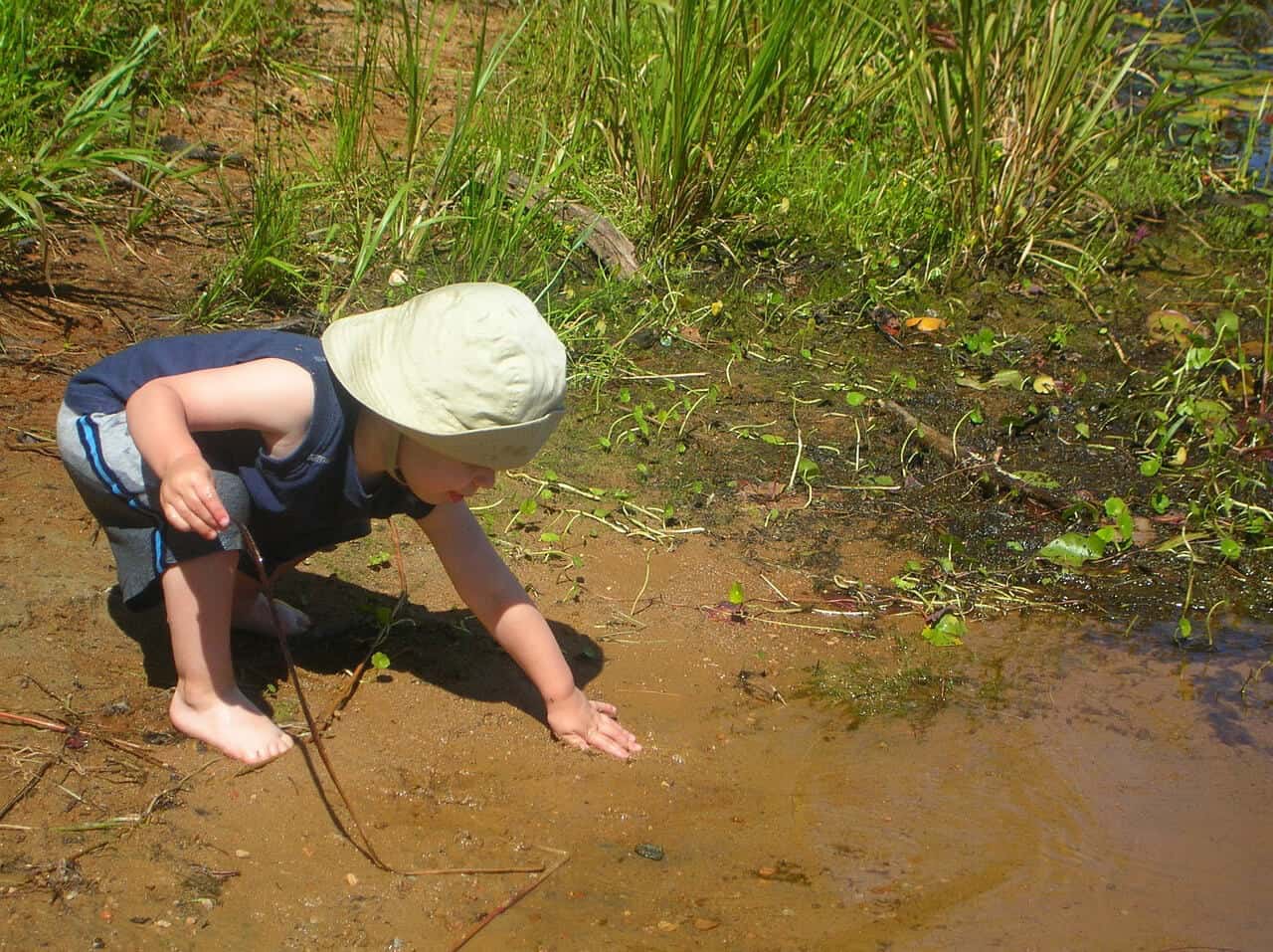Table of Contents
- Earth Day Facts: When It Is, How It Began, What to Do
- 50 Fascinating Earth Day Facts For Kids - The Fact Site
- 2014 Earth Day Facts Infographic | Office Plus Blog
- Earth Day | World history lessons, World history facts, History infographic
- 7 Earth Day Facts That Will Inspire You To Make A Difference This Year
- Earth Day Facts & History: Everything You Need to Know
- 10 Interesting Earth Day Facts | My Interesting Facts
- With The Celebration Of The Planet Coming Up, These 29 Earth Day Facts ...
- Earth Day Facts & History: Everything You Need to Know
- Earth Day Fun Facts


Earth Day, observed on April 22nd, is a day dedicated to promoting environmental awareness and encouraging individuals to take responsibility for their impact on the Earth. While many of us are familiar with the basics of Earth Day, there are several intriguing facts that remain unknown to the general public. Let's dive into these surprising facts and discover the hidden truths behind this vital celebration.


18 Earth Day Facts You Might Not Know

- The first Earth Day was celebrated in 1970, with an estimated 20 million participants across the United States.
- Earth Day was founded by Senator Gaylord Nelson, who aimed to raise awareness about environmental issues and promote sustainability.
- The concept of Earth Day was inspired by the anti-war movement, with Nelson hoping to channel the energy of student-led protests into environmental activism.
- Earth Day is now celebrated in over 190 countries, making it one of the most widely observed international events.
- The Earth Day flag features a photo of the Earth from space, symbolizing our planet's unity and fragility.
- The average American generates about 4.4 pounds of trash per day, highlighting the need for reduced waste and increased recycling.
- Recycling can save up to 17 trees per ton of paper, demonstrating the significant impact of responsible waste management.
- Using public transport, walking, or biking can reduce carbon emissions by up to 90%, emphasizing the importance of sustainable transportation.
- The world's largest rainforest, the Amazon, produces about 20% of the world's oxygen, underscoring the vital role of conservation efforts.
- Every minute, one garbage truck's worth of plastic waste enters our oceans, highlighting the urgent need for plastic reduction and waste management.
- Climate change affects not only the environment but also human health, with increased risk of heat-related illnesses, respiratory problems, and mental health issues.
- Planting trees can help absorb carbon dioxide and reduce the effects of climate change, making reforestation efforts crucial for a sustainable future.
- The world's population is projected to reach 9.7 billion by 2050, emphasizing the need for sustainable resource management and reduced waste.
- Food waste is responsible for about 8% of global greenhouse gas emissions, highlighting the importance of reducing food waste and adopting sustainable eating habits.
- Using energy-efficient light bulbs can reduce carbon emissions by up to 80%, demonstrating the impact of small changes in our daily lives.
- The world's oceans cover over 70% of the Earth's surface, yet only about 5% of the ocean has been explored, leaving much to be discovered and protected.
- Earth Day has inspired numerous environmental policies and regulations, including the Clean Air Act and the Endangered Species Act.
- Individual actions can collectively make a significant difference in protecting the environment, emphasizing the importance of personal responsibility and community engagement.


Join the conversation and share your thoughts on Earth Day and environmental protection in the comments below. Together, we can make a difference and create a better world for generations to come.
